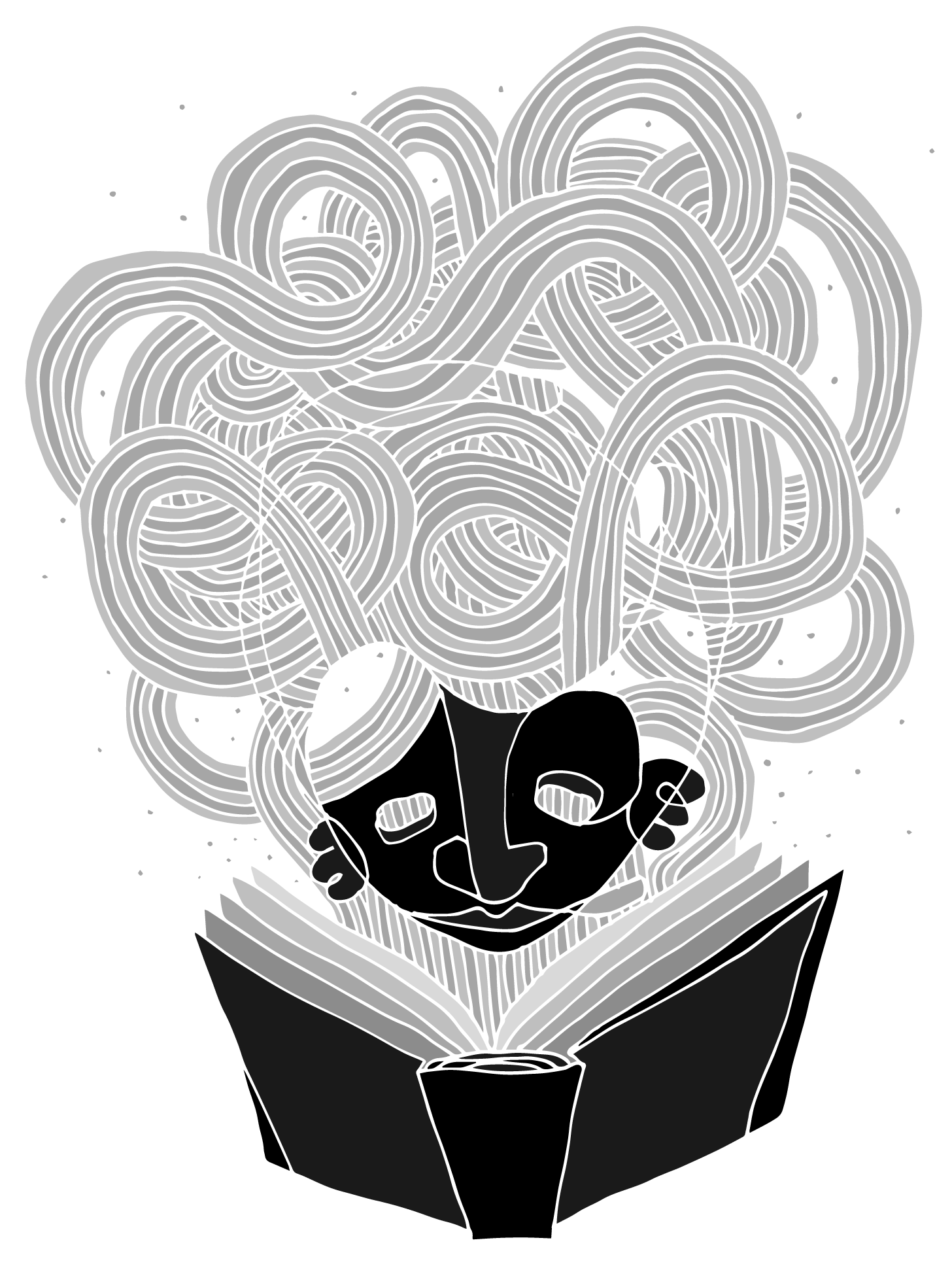
I read the following statement during a five-minute spotlight slot at this year’s Typographics conference in New York City
This Fall I’ll be teaching a design theory and media studies course at City College. Right now I’m really excited about writing the syllabus and so I’d like to take this opportunity to share some of it with you.
I’ve long wished for the chance to give reading and writing assignments to designers, but in working on the syllabus I’m realizing that I’ve signed up for a daunting task. I’m a little nervous about the time it will take to give feedback on 15 student essays every week. That said, I do believe it will be worth the effort, and I don’t mean because of the modest adjunct paycheck.
So, why does it matter to me if designers read and write?
For the past 15 years I’ve worked for Scholastic, the largest publisher and distributor of children’s books in the world. At Scholastic we define literacy as being about so much more than the mechanics of reading and writing. Literacy means being an engaged and responsible citizen. It means building sympathy and empathy. It means being radically curious and pursuing meaning with a sense of purpose. It is a means of self-actualization.
Literacy means being an engaged and responsible citizen. It means building sympathy and empathy. It means being radically curious and pursuing meaning with a sense of purpose.
During a time when the field of communication design has grown to encompass so many modes of practice, I view literacy as our common thread. Whether we design, or support the design, of type or communication, for print or digital, for products or promotions, for locations or services, crafting reading experiences is the charge that binds us.
With all of that in mind I’ll share the first seven paragraphs of the syllabus.
Vitruvius, the Roman author and architect, wrote about the impact of theory on practice in De Architectura (circa 30–15 BCE), the earliest known work of architectural theory.
In it he says, quote, “Architects who have aimed at acquiring manual skill without scholarship have never been able to reach a position of authority to correspond to their pains, while those who relied only upon theories and scholarship were obviously hunting the shadow, not the substance. But those who have a thorough knowledge of both have sooner attained their object and carried authority with them.”
Designers have long been concerned with their authority. Modernism sought authority through a universality of form, Design Thinking has sought it through a universality of application. It could be argued that both are looking for external validation, but the highest authority comes from a knowledge of self. Theory is simply another name for a well-examined practice and reflecting on our actions and their repercussions is essential for growth.
Theory is simply another name for a well-examined practice and reflecting on our actions and their repercussions is essential for growth.
Reading about theory and writing about theory impact the growth of a practice in different ways. Reading expands awareness, broadens definitions, and draws connections across space and time. Writing excavates thinking, defines perspectives, and brings patterns into focus.
This growth mindset view of theory’s connection to self discovery, and the development of a practice, is evident in the traditions of the 19th century African American literary societies of the Northeastern United States. Dr Gholdy Muhammad, of Georgia State University, has researched these societies extensively and has identified four common learning goals that these groups used to frame their collective reading, writing, and discourse.
She says, quote, “[These literary societies had] four goals of learning, and each time they came together to read, write, and think, they were making sense of who they were (identity), developing their proficiencies in the content they were learning within (skills), becoming smarter about something or gaining knowledge (intellect), and finally, developing the ability to read texts (including print and social contexts) to understand power, authority, and oppression (criticality).”
This semester our class will form a literary society structured around these four goals. We will be reading, writing, discussing, and debating texts about media and design theories that strengthen our identity, skills, intellect, and our understanding of authority. By the end of the semester in addition to strengthening ourselves in these four areas we will become more adept at digesting theoretical texts, and more confident in adding our own voices to the current critical discourse.
There’s more to the syllabus, and I have a lot more to write before I’m ready for the first day of class, but that’s the core concept.
I do view literacy as a means of self-actualization. I believe it’s doubly so for designers precisely because we are charged with crafting reading experiences. I love the idea of design literary societies focused on developing each member’s identity, skills, intellect, and understanding of authority. I’m not sure yet how to do it, but I also believe expanding this idea beyond a single classroom could unlock new layers of potential in the already vibrant cultures of communication design. For starters I’ll keep working on my syllabus.
I do view literacy as a means of self-actualization. I believe it’s doubly so for designers precisely because we are charged with crafting reading experiences.
There’s one last thing I’d like to share which is related to everything that I’ve said so far. Last month I joined the board of the Type Director’s Club, and last week I volunteered to become the Editor-in-Chief of Typegeist. Typegeist is the TDC’s online journal of critical writing about the intersection of type and culture. I view working on the future of Typegeist through a similar lens that I view working on my syllabus.
If my syllabus resonated with you and you’re currently writing, or have an idea for, an essay about the culture of type or the impact of type on culture, and you believe it could be a good fit for Typegeist, please do find me online or in person. I would love to discuss it with you.
Thank you!

